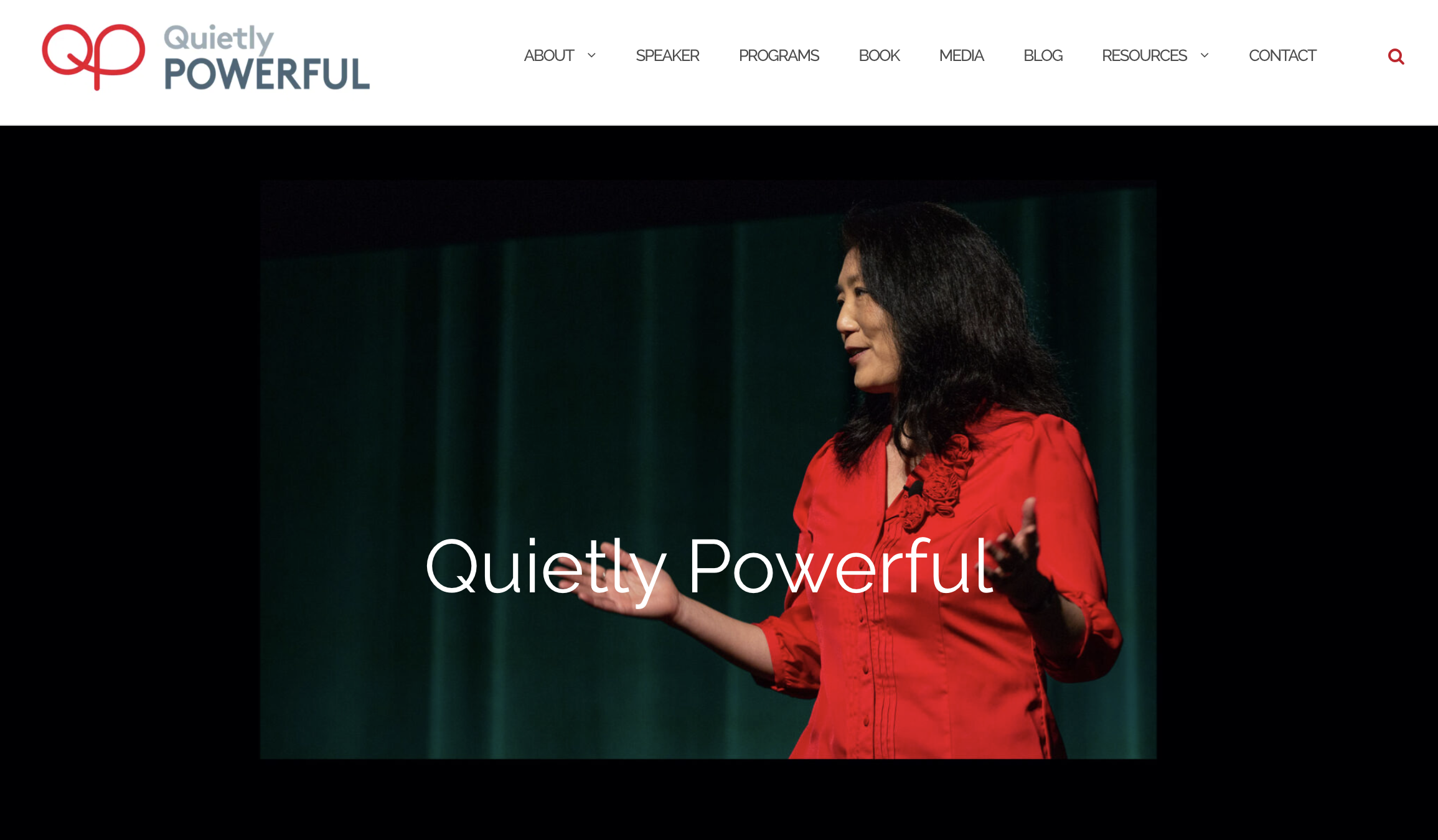My Blog
Stop blaming individuals for poor performance
- Details
- Posted: 08 June 2015
So often we hear leaders and ourselves complain in frustration, when they have someone who is not performing or behaving to expectations. "He just doesn't have what it takes" "She doesn't take accountability" "He is not focused on outcomes" "She doesn't have the capability" "He has a negative attitude" “I’ve tried everything and she’s not improving”… It is usually about blaming them and their problems. I've done it, too.
While the frustrations are understandable, purely blaming the individual for the poor performance or behaviours does not lead to improvements. Building on the last post, “Confidence is misunderstood”, blame and judgement are damaging to confidence and trust, as it is no longer safe to take action in such an environment. It does not empower people to fix what needs fixing, either, as people lose confidence and strength (see “Can you empower people too much?” on what it really means to empower people).
When you step back, it makes no sense to purely blame individuals for poor performance or behaviour, given:
- Only 30% of a person's behaviour can be explained by individual traits/personality, 70% is explained by the situation/environment (studies from from social psychology, see article recently shared "Fix the environment, not the people")
- So many studies refer to "people leave their managers", that direct managers have a huge impact on people's engagement and performance
- Many studies indicate that there is a leadership gap (75% agree that Australia needs better leadership and management, according to Can you empower people too much?, February 2014)
- Study after study show the impact of culture and engagement on performance
It is somewhat convenient to blame the individual for poor performance and behaviour, but the blaming is actually modelling how to not take accountability. If you want someone's performance to lift, think of the broader organisational and individual context as well as take responsibility for how you, as the leader, may be helping or hindering.
Importantly, this is not to let individuals off the hook. Quite the contrary. It is about taking accountability for our part as leaders. This achieves two things – 1) it models what it looks like to take accountability; 2) it takes the blame and judgement off the individual, shifts the focus on working together to improve performance.
How do you or other leaders talk about people who are not meeting their expectations? Is there any blame in what we are saying?


